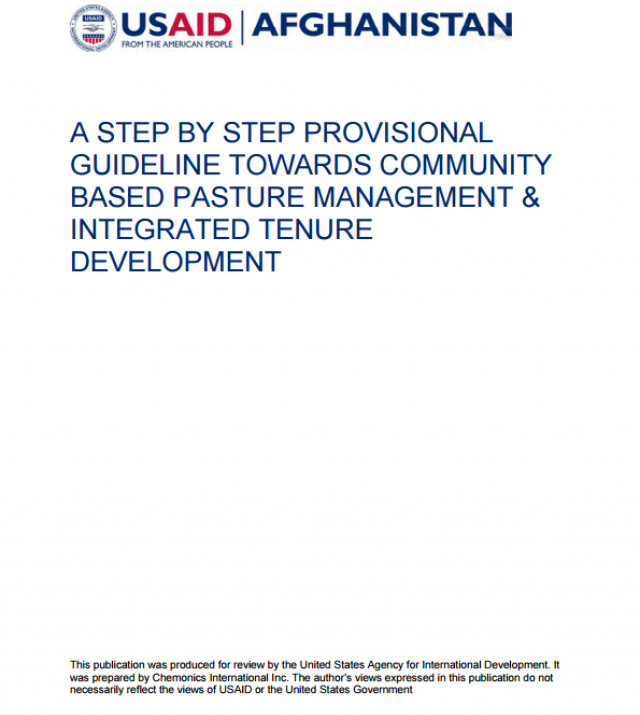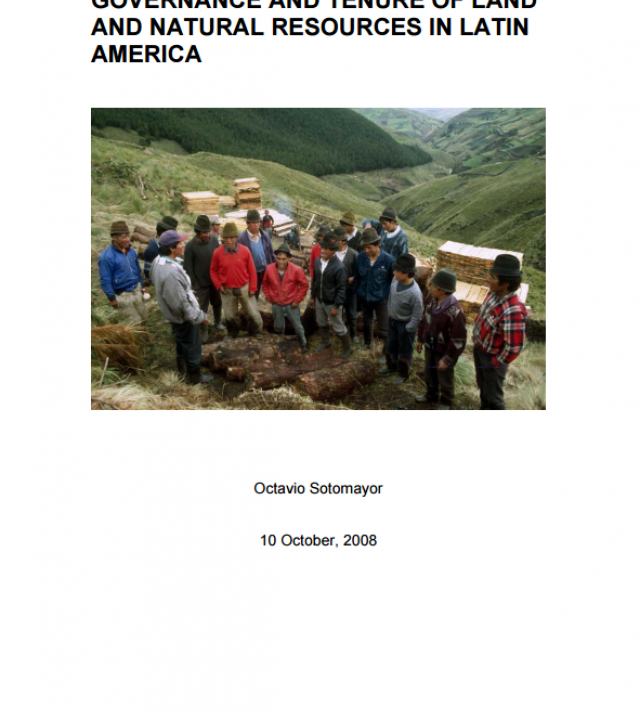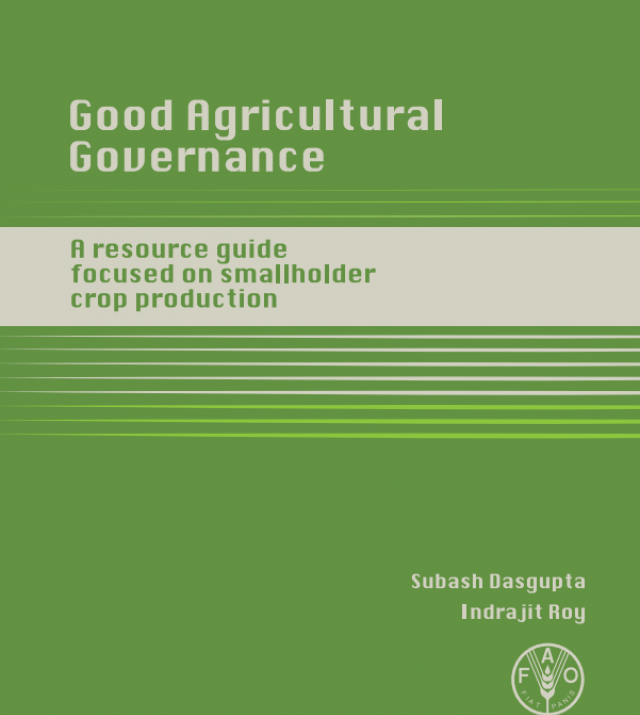
Good Governance and Natural Resources Tenure in Eastern Europe and CIS Region

Good governance is worldwide recognized as an important precondition for resolution of the most of troublesome problems of humanity; its role is tremendous in eradication of poverty and promotion of development. This study aims to provide a reflection of policies, status and trends of governance in the region of Eastern Europe and Commonwealth of Independent States (CIS). The emphasis is made on governance in land and natural resources tenure and administration.
The study outcomes reflect considerable heterogeneity of the countries of the region according to implemented and/or targeted governance practices. A smaller group of Baltic States and Central Eastern European countries show much greater advancement in governance, which is clearly correlated with higher level of their democratic development. Cases of some other countries (mainly in South Caucasus and Balkans) prove that effective land governance could be achieved even in conditions of limited socioeconomic development if political will and commitment to reforming exists. At the same time, corruption that stays unsolvable problem in many countries of the region is definitely the single most harmful barrier to good governance.
Based on quantitative assessments and qualitative analysis, the study distributes all countries of the region into four groups according to their advance in the field of governance and ability to contribute to elaboration of voluntary guidelines for land and natural resources tenure. The classification is not rigid and changes in it could evolve according to future progress (as well as failure) of particular countries in the field of land and natural resources tenure and administration.

